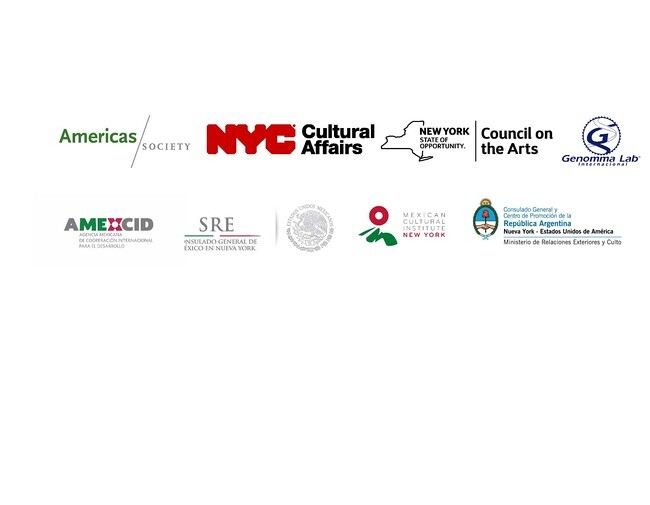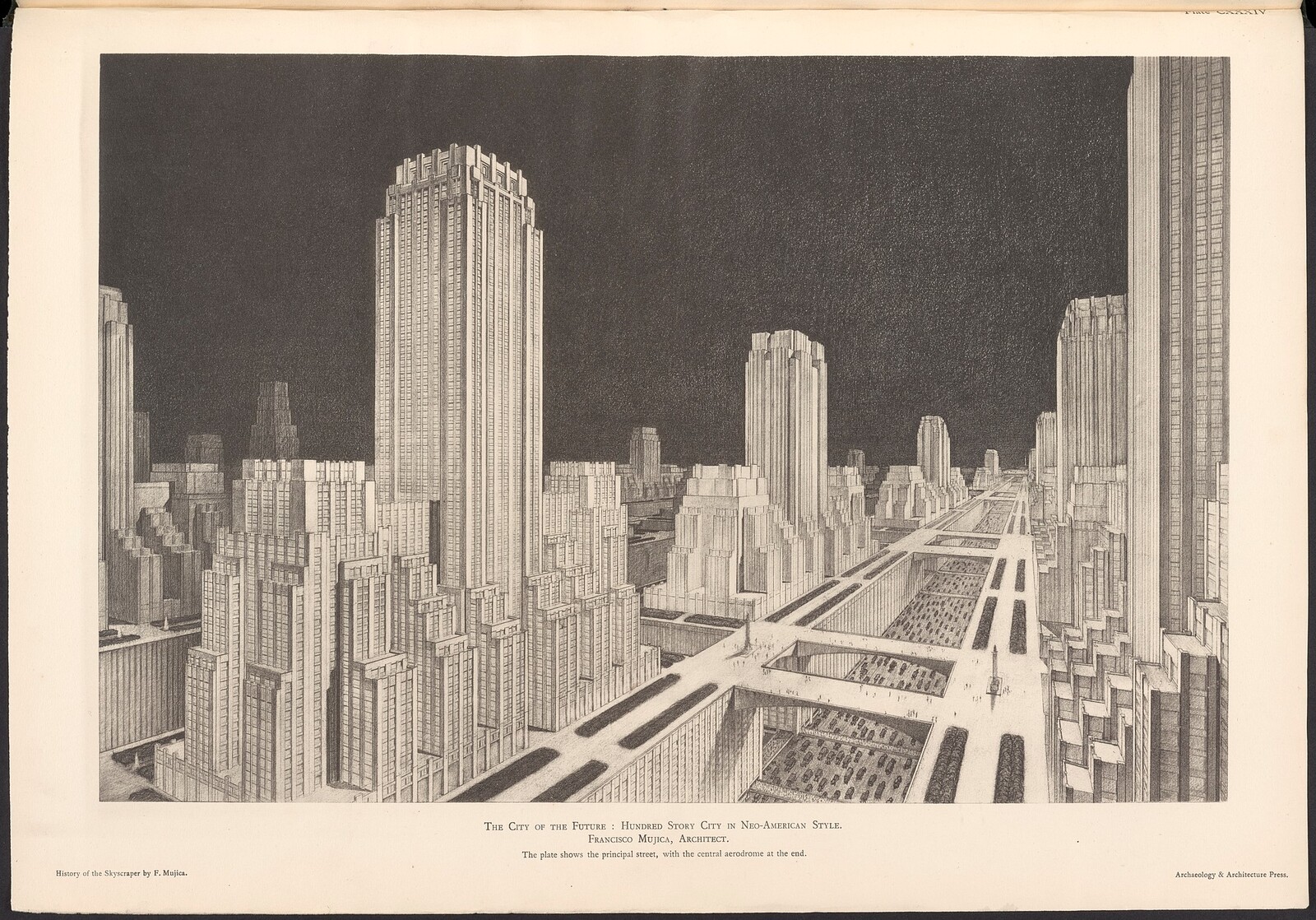March 22–June 30, 2018
680 Park Avenue
New York, NY 10065
USA
Hours: Wednesday–Friday 12–6pm,
Saturday 12–5pm
Organized by The Getty Research Institute
Curated by Idurre Alonso and Maristella Casciato
Americas Society is pleased to present The Metropolis in Latin America, 1830-1930, an exhibition that explores the impact that a century of accelerated urbanization as well as political and social transformations had in the architectural landscapes of six Latin American capitals: Buenos Aires, Havana, Lima, Mexico City, Rio de Janeiro, and Santiago de Chile. The exhibition features rare maps, engravings, drawings, photographs, books, and videos that range from Hernán Cortés’ map of Tenochtitlán (1524) to Le Corbusier’s sketches made during his visit to Buenos Aires (1929).
Previously on view at The Getty Research Institute (GRI) in Los Angeles, the show draws on the GRI’s collections to document how, over the course of one century, Latin American cities experienced rapid growth and sociopolitical turmoil that resulted in crucial modifications to city scale and architectural landscapes, creating the prime conditions for the emergence of the metropolis.
“During the almost four centuries of colonial rule, town planning was a key tool to build cities that had to be commercially functional and militarily strategic,” commented exhibition curator Idurre Alonso. “This exhibition traces the changes of six major capitals as independence, industrialization, and exchange of ideas altered their built environments and eventually transformed them into monumental, modern metropolises.”
Following independence, Latin Americans had an urgent desire to break with the colonial past. This desire was expressed through architecture and urban planning, among other ways. “As Latin American metropolises were dramatically reconfigured, these cities also became experimental laboratories where scientific planning mingled with natural environment to create forward-looking approaches to city design,” said exhibition curator Maristella Casciato.
Until 1850 the eventual adoption of modern architectural repertoires fostered the removal of symbols of colonial power and the construction of new civic buildings emphasizing each country’s own new self-view. By the later part of the nineteenth century significant changes, including massive migration to cities and the beginning of local industrialization, resulted in new urban developments. In the 1910s, grand celebrations marking the first century of independence, which coincided with the end of World War I, sparked a return to local architectural traditions. Later, a new generation of Latin American designers imagined utopian visions of the metropolis in modern ways.
Additional public programs
Planning the Metropolis in Latin America, 1830-1930
March 19, 6pm
Book launch of The Mobility of Modernism with Harper Montgomery and Edward J. Sullivan
April 3, 6:30pm
Contemporary Cities: Urban and Architecture Practices about Latin America
April 11, 7pm
Book Launch of Embodying with Hoor Al Qasimi and Gabriela Rangel
April 13, 6:30pm
Juan Tessi in conversation with Verónica Flom
May 4, 6:30pm
An Attempt to Become Modern
May 10, 6:30pm
This exhibition has been organized by The Getty Research Institute, Los Angeles, and was previously on view as part of Pacific Standard Time: LA/LA at the Getty Center (September 16, 2017-January 7, 2018).
Americas Society gratefully acknowledges the support from the Arts of the Americas Circle members: Estrellita Brodsky; Galeria Almeida e Dale; Kaeli Deane, Phillips; Diana Fane; Boris Hirmas; Isabella Hutchinson; Roberto Redondo and Carlos Manso; Erica Roberts; Sharon Schultz; Herman Sifontes; Axel Stein, Sotheby’s; Edward J. Sullivan; and Juan Yarur Torrres.
The presentation of The Metropolis in Latin America, 1830–1930, at Americas Society is made possible by the New York State Council on the Arts with the support of Governor Andrew M. Cuomo and the New York State Legislature, and is supported, in part, by public funds from the New York City Department of Cultural Affairs in partnership with the City Council.
Additional support is provided by The Achelis and Bodman Foundation, the Smart Family Foundation of New York, Genomma Lab Internacional, The Cowles Charitable Trust, and by AMEXCID, the Consulate General of Mexico, and the Mexican Cultural Institute of New York. In-kind support is provided by the Consulado General y Centro de Promoción de la República Argentina en Nueva York.
Hours:
Wednesday–Saturday 12–6pm


